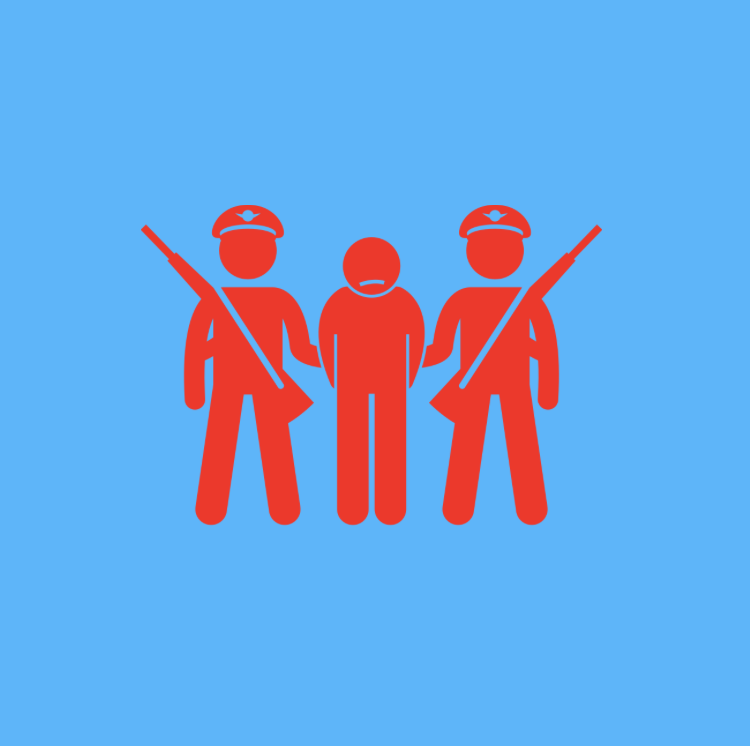When a case is proved against a child in a criminal trial and they are sentenced to imprisonment, he or she is taken to the National Rehabilitation Center. This however, can only be done after a Probation and Social Welfare Officer has written a social background report about the child.
The National Rehabilitation Centre is charged with the responsibility of rehabilitating the convicted children into useful citizens. Presently, the only National Rehabilitation Centre is found in Kampiringisa, along Kampala-Masaka road.
While in detention at the Centre, children undergo training in vocational skills. Children in the Center have a right to be visited by their parents and relatives. A child under six years should not be detained for more than three months while a child above sixteen years should not be detained for more than twelve months. However, in case a child was convicted of committing an offense punishable by death, the child is detained for not more than three years.
Note: Ministry of Gender on the SAUTI (Voice) runs a toll-free number 116 that one can call for all matters related to children. All probation services are free of charge.
What is a Remand Home?
A remand home is a government institution where children whose cases are being investigated or who are under trial are kept before the conclusion of investigations or the trial. Children should not be remanded with adults. Children who are denied bail are remanded in such institutions. An example is Naguru Remand Home in Kampala, Mbale Remand Home, Fort-Portal Remand Home, kabale remand home and Gulu Remand Home. Remand homes also provide shelter and care for children in need of care and protection. They also provide shelter for homeless children referred to as lodgers.
Rights of a Child on Remand
Children on remand are entitled to enjoy their basic rights both as children and human beings except those that cannot be enjoyed because they are on remand. The rights children on remand can enjoy include:
- Female children should be separated from male children;
- A female child offender must be under the care and supervision of a female officer;
- A child on trial for a capital offense should not be on remand for more than six months;
- A child on trial for a non-capital offence should not be on remand for more than three months; and
- If the case is not concluded within the stated time, the court should release the child.
Organizations that may help with matters concerning Children
In the districts, there are other organizations that work to support children like Uganda Red-Cross, Save the Children, World Vision, and FIDA Uganda. Local and international organizations also provide advice. If they do not have programs that support children, they can refer you to another close-by organization that supports children.
Caution: It is important that when reporting a case to the Probation Office to inform the Probation Officer where else you have reported the case or which other institution you intend to report the matter to because when the same case is handled by different stakeholders and there is no proper coordination amongst the stakeholders it creates confusion and duplication of work
Advice: It is important to attend community public meetings organized by the Judicial Service Commission or by the Probation Office where community dialogues and sensitization on all matters related to children and other family issues are discussed.











